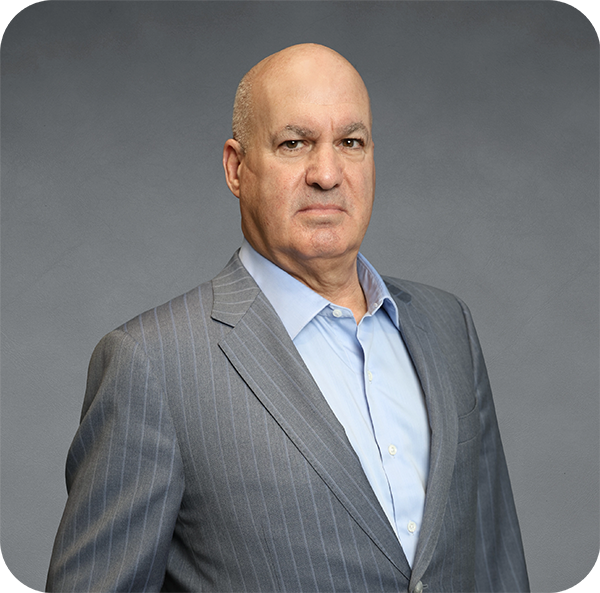
According to estimates from the Consumer Financial Protection Bureau, Americans have paid roughly $280 billion in overdraft fees over the last 20 years. That is a staggering amount of money.
The banks that charge these fees are both large and small. Their overdraft policies target low-income families that struggle to meet their monthly financial obligations. The Consumer Financial Protection Bureau found that nearly three-fourths of overdraft and related fees are paid by only eight percent of account holders, who incur ten or more fees a year. The Center for Responsible Lending found that two million Americans incur twenty or more fees per year – exceeding $700 annually. Further, these funds are often not spread evenly throughout the year, but come in unpredictable, sporadic episodes. A single negative balance episode can trigger hundreds of dollars in fees in just a few days and drive a bank customer much deeper in the hole.
The practice of charging overdraft fees affects tens of millions of Americans every year. While the government is currently proposing a rule that could go into effect in late 2025 to reduce the typical overdraft fee from $35 down to $14 or less, more needs to be done to protect consumers.
This is why attorneys at Anapol Weiss and Golomb Legal have spent years investigating banks and credit unions for engaging in deceptive practices regarding overdraft fees. Our investigations have uncovered deceptive schemes undertaken by numerous banks and credit unions that have wrongfully charged consumers for overdraft or insufficient funds fees in violation of various consumer protection laws around the country.
We have successfully litigated class actions on behalf of hundreds of thousands of consumers in state and federal courts that have returned over $1.5 billion dollars back into the hands of customers.
Overdraft fees are a substantial revenue source for banks and credit unions, which means they are always devising new ways to charge more and more overdraft fees. These schemes include re-sequencing transactions from highest to lowest in order to maximize overdraft fees as well as charging overdraft fees on transactions that did not actually overdraw the account, among other dishonest practices.
If you believe you are facing improper bank overdraft fees, get in touch with our experienced class action attorneys today. We have helped consumers from around the country and we look forward to helping you too.

